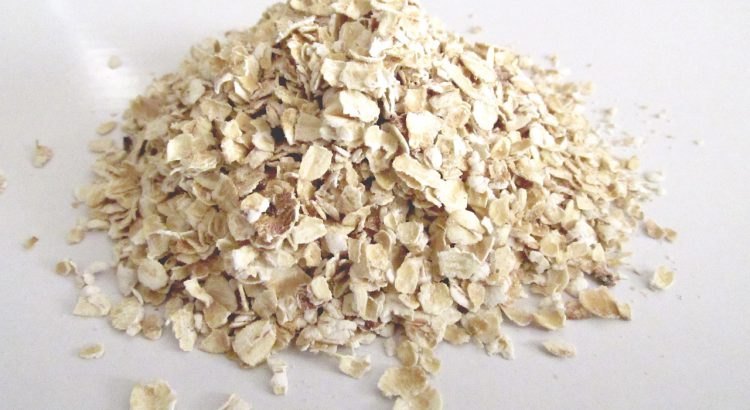In honor of Thyroid Awareness Month, we’re shedding some light on this gland that is so important to your health.
Month: January 2017

No Bake Chewy Granola Bars
In need of an easy snack for work or for an after school snack? These granola bars are easy to make. Make the recipe your own. Consider swapping almond butter for peanut butter or dried cranberries for dates.

Happy Anniversary
At 1 p.m. on October 1, 1961, Carroll County General Hospital opened its doors to the community. Less than seven hours later, according to a local newspaper, the first baby was born and three emergency cases were handled.

Medical Misconception: STDs and Toilet Seats
Each month, we weigh in on a health and wellness myth and explain the real cause behind the malady.
This month’s misconception: You can get an STD from a toilet seat

Sweet Potato Pancakes
This recipe is the perfect breakfast choice. With more than 20 grams of protein and a good source of fiber, this meal will keep you satisfied all morning.

New Look, Same Great Information!
As you can see, our blog has a new look! Bookmark blog.carrollhospitalcenter.org to stay up-to-date with the latest in health and wellness information for the communities we serve.

Fresh, Frozen or Canned?
We all know it is important to eat fruits and vegetables. The optimal goal is to consume at least 2 cups of fruit and at least 2 ½ cups of vegetables each day, but which is a better choice: fresh, frozen or canned?

Bariatric Surgery: A Possible Weight Loss Option
When it comes to losing weight, some people believe they’ve tried everything without success. For many, it’s just a matter of staying committed to your weight loss goal or visiting a dietitian to ensure you are on the right track. But for others, bariatric surgery is an alternative.
Bariatric surgery may be an option for adults who have a body mass index (BMI) over 40 or have a BMI of 35 or more with a serious health problem linked to obesity, such as type 2 diabetes, heart disease or sleep apnea.
Several different types of procedures are available, but all involve restricting the stomach’s volume either temporarily or permanently to make the person feel fuller sooner.
Four of the most common bariatric procedures are:
- Gastric Bypass Surgery — this involves stapling the stomach to create a small pouch in the upper section and then cutting the person’s small intestine and rerouting it to a different area of the stomach so the body absorbs fewer calories.
- Gastric Sleeve Surgery — this involves removing a large portion of the person’s stomach, leaving only a banana-shaped section that is closed with staples.
- Laparoscopic Adjustable Gastric Band Surgery — this involves placing a ring with an inner inflatable band around the top of the stomach.
- Intragastric Balloon Procedure — here, a saline-filled silicone balloon is placed inside the stomach and inflated. The balloon is left in place for six months.
At LifeBridge Health, all the above surgeries are performed minimally invasively at Northwest and Sinai hospitals, resulting in smaller incisions and faster recovery times. In general, people can return to their normal routines within two weeks, but should still take it easy for six to eight weeks while they heal.
While you will see a dramatic weight loss immediately after surgery, how long you will maintain that weight loss is up to you. Keeping those excess pounds from coming back still requires effort on your part. That means adopting a healthy lifestyle with regular exercise and eating nutritiously, long-term, is essential.
To learn more about bariatric surgery and which procedure may be right for you, attend a Bariatric Seminar, presented by bariatric surgeon Celine Richardson, M.D., the second Tuesday of each month from 5:30 to 6:30 p.m. at Carroll Hospital. To register or for more information, call 866-404-3627 (DOCS).

Stay Active in Winter
It’s getting cold outside, and that may be the perfect excuse to stay indoors this winter. As good as it sounds to stay inside, it is important to stay active to help maintain your weight.

Prebiotics and Probiotics
You may have seen prebiotics and probiotics on package labels or in the news, but what are they and what makes them so unique?
